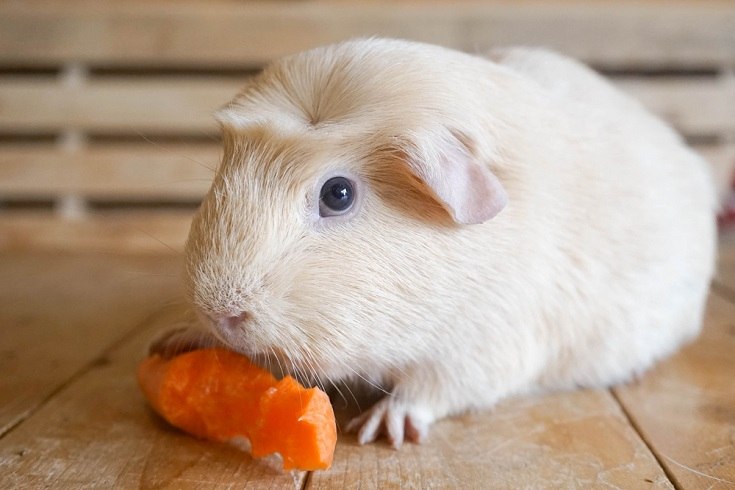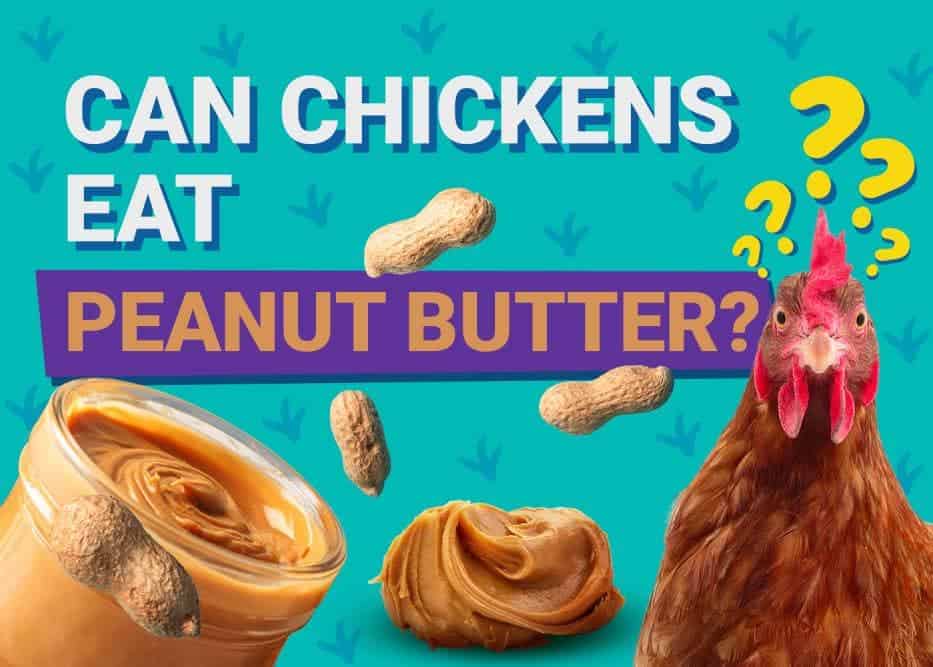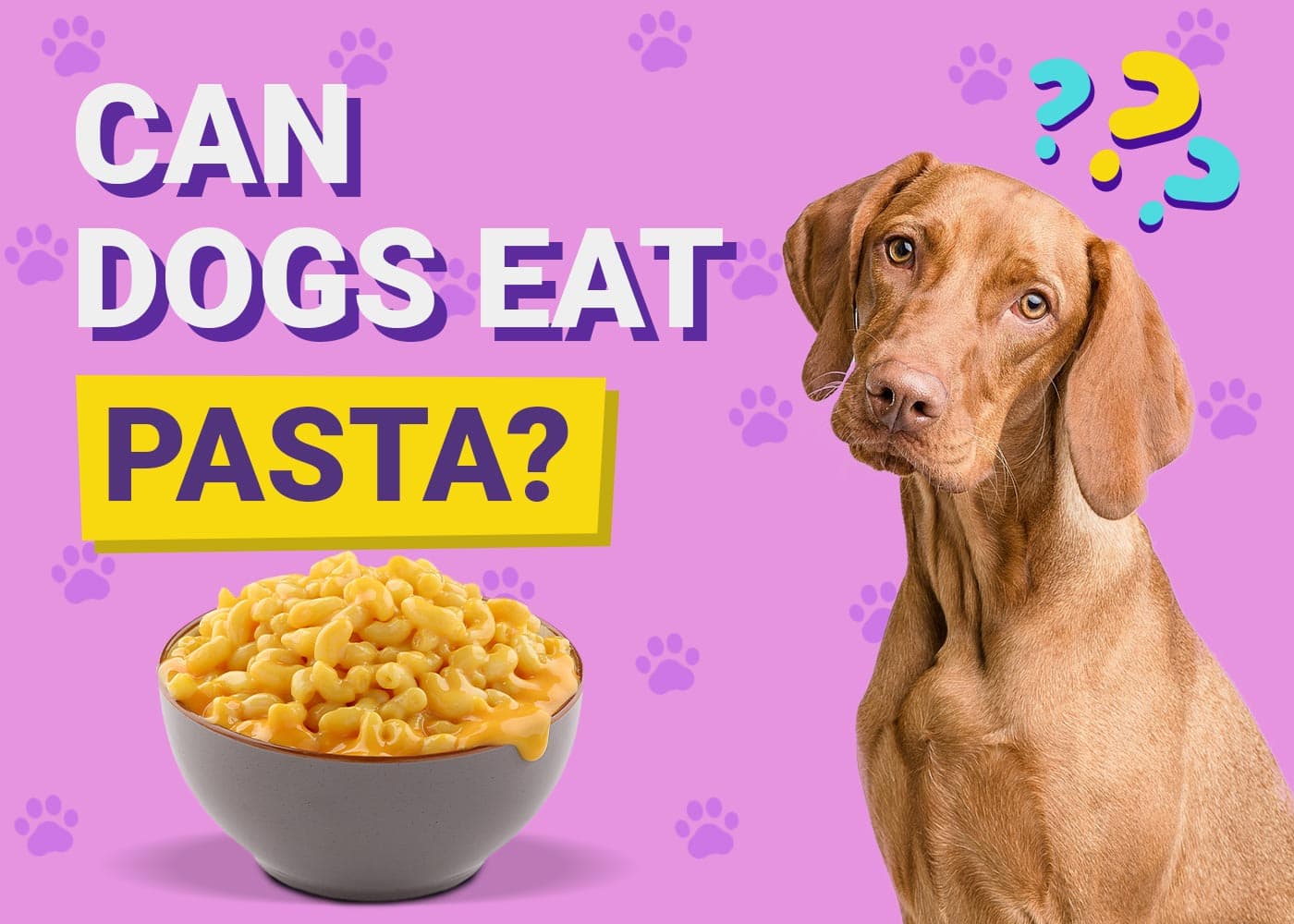VET APPROVED

The information is current and up-to-date in accordance with the latest veterinarian research.
Learn more »Click to Skip Ahead
They may not be as affectionate as dogs or as adorable as cats, but turtles are just as rewarding of a pet for the right owners. Sometimes, the urge to share your dinner with your pets is real, and it extends to reptiles. Before you break off a piece of whatever you’re eating and toss it in their tank, you should research to make sure it’s safe for your turtle to eat.
After all, while some human foods are perfectly fine for turtles to consume, others may harm your little buddy. Here, we’ll look at the human foods that are safe for sharing so you can finally tell your turtle to turn off their puppy-dog eyes.
There are many species of turtles in the world, and they can’t all eat the same things. This article will focus on the nutritional compatibility of human foods with the red-eared slider (Trachemys scripta elegans) and the Eastern box turtle (Terrapene carolina carolina). You should always consult your veterinarian to determine what’s safe for your species. As a general rule, turtles should not be offered food you’re eating, as they carry a Salmonella risk, and interactions with your pet during mealtime increases the risks of cross-contamination.
The 8 Human Foods That Turtles Can Eat
1. Some Vegetables
If you have fresh vegetables in your fridge or pantry, chances are that your turtle will be just as happy to snack on them as you are. They especially like leafy green veggies, so kale, collard greens, and mustard greens are healthy and delicious for them. They’ll also chow down on carrots, squash, green beans, and peas.
- Always wash the produce before feeding it to your turtle
- The produce you offer your pet should be fresh and raw
- Not all vegetables are safe for pet turtles, so research is important
- Juvenile turtles require less plant-based matter in their diet when compared to adult turtles
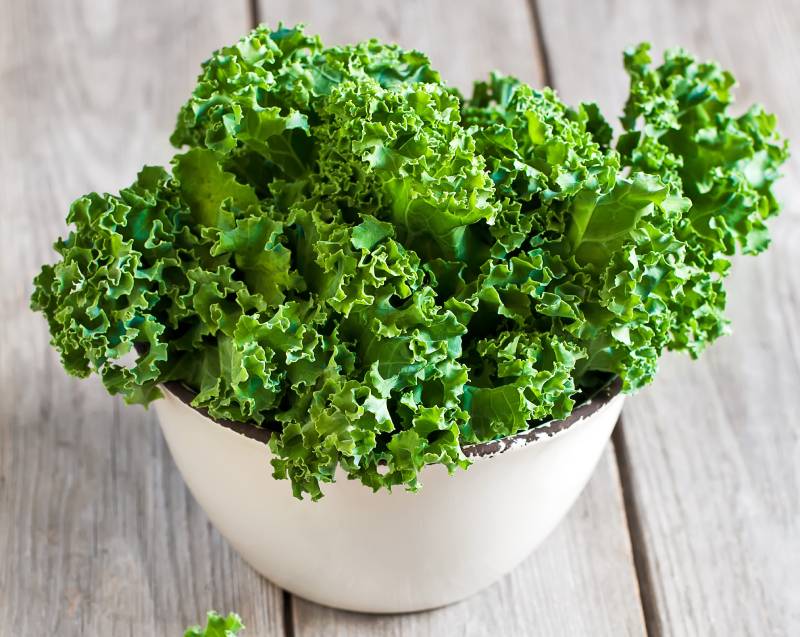
2. Some Fruits
Like vegetables, some fruits are safe for turtles to consume. However, most should only be offered to your pet in moderation. Box turtles (of the genus Terrapene) tolerate fruits better than aquatic turtles and have a fruit quota of around 12%–15% of their total dietary intake. For other turtles, fruits should only comprise around 5% of their diet (at most).
- Strawberries
- Raspberries
- Apples
- Grapes
- Cherries
- Cantaloupe
- Peaches
- Pears
- Plums
- Oranges
- Nectarines
- Figs
- Melon
- Mangoes
Once again, please keep in mind that not all fruit is safe for pet turtles. Avocados, in particular, are toxic for most pets and shouldn’t be offered to your turtle.
3. Smelt
Smelts are small fish that are very popular all over the world. They are also a staple festival food in countries like South Korea, Finland, and Italy. Veterinary literature and research have listed smelt as safe for aquatic turtles in moderation 1. If you have smelt in your pantry, you can serve it to your pet turtle in small amounts. Canned smelt is also acceptable; however, it should be rinsed before being offered to your pet.
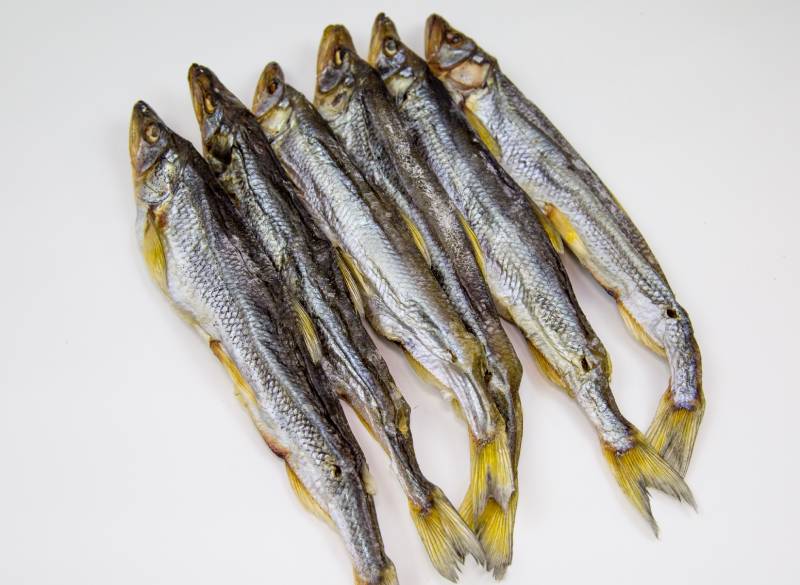
4. Sardines
Sardines are an acceptable alternative to smelt. The same rules apply when it comes to feeding your pet sardines. Moderation is essential, and canned sardines are acceptable; however, they should be thoroughly rinsed before being offered to your pet. Bon appétit!
5. Raw Chicken
Another meat to consider in moderation is a tiny morsel of chicken meat. For pet turtles specifically, raw chicken is favored over cooked chicken. The high protein content of chicken is particularly alluring for juvenile turtles. Nonetheless, it should be emphasized that overnutrition is just as detrimental for a pet turtle as malnutrition. Therefore, you should consult your veterinarian to determine the best portion size for your pet.
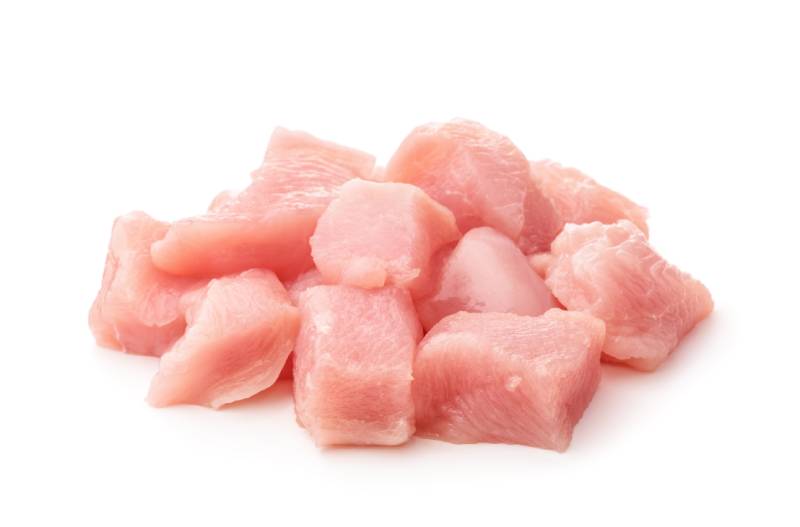
6. Lean, Raw Beef
Lean, raw beef is considered safe for pet turtles. Like serving chicken, portion control is very important, and it is best to seek professional input when formulating a meal plan for your pet.
7. Beef Liver or Chicken Gizzards
The internal organs of cattle and chickens are also considered safe for pet turtles when offered raw and in moderation. Again, most of their dietary appeal is for juvenile turtles, which have a very high protein requirement compared to their adult counterparts.
However, given how nutrient-dense these organs are (particularly the liver), it’s important to keep moderation in mind. Most pet turtles are opportunistic feeders and always appear hungry. It can be tempting to offer them extra food, but it bears repeating that overfeeding a pet turtle is detrimental to their long-term health.
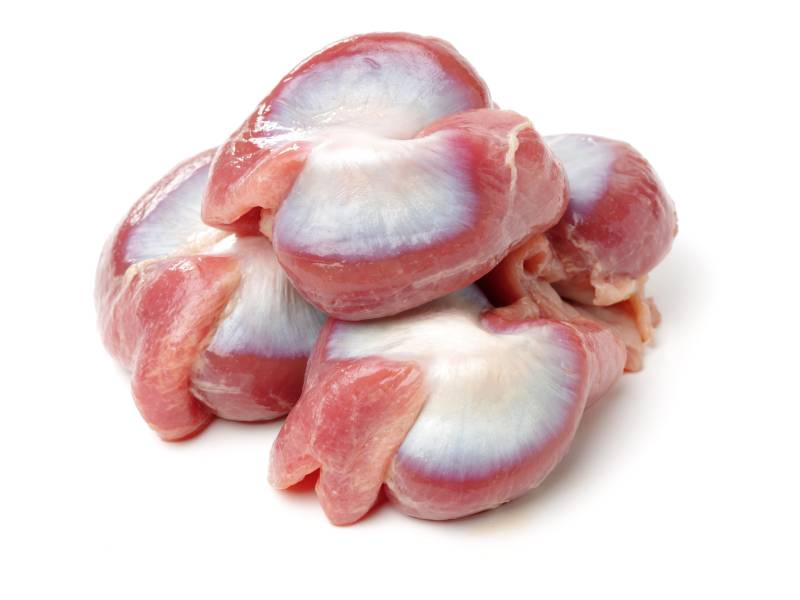
8. Hard Boiled Egg Whites
Eggs are a staple in almost any kitchen. Though the yolk is considered unhealthy for pet turtles, the whites are considered a healthy snack. The egg white is considered safe for your turtle if you serve boiled eggs. In an experimental analysis of healthy adult box turtle diets, hard-boiled egg whites comprised 15% of their nutritional intake with no adverse effects 2.

The 7 Human Foods That You Should Never Give Your Turtle
So far, we’ve focused on the foods that are acceptable to share with your turtle, but there are several in your kitchen that you should keep to yourself.
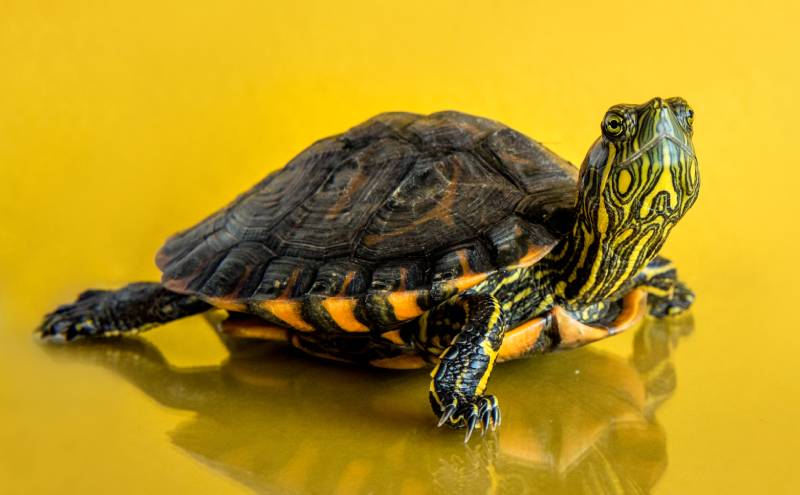
1. Fried Foods
All the oil and fat in fried foods are terrible for your turtle. Not only are they unable to digest them, but they will also negatively impact their health.
2. Chocolate
While it may be tempting to give your turtle a taste of your favorite dessert, don’t do it. Chocolate’s caffeine and theobromine are considered toxic for most pets.
3. Dairy Products
Turtles lack the enzymes necessary to break down dairy products, so don’t dump a glass of milk in your turtle’s tank. Also, you shouldn’t share cheese or any other dairy products.
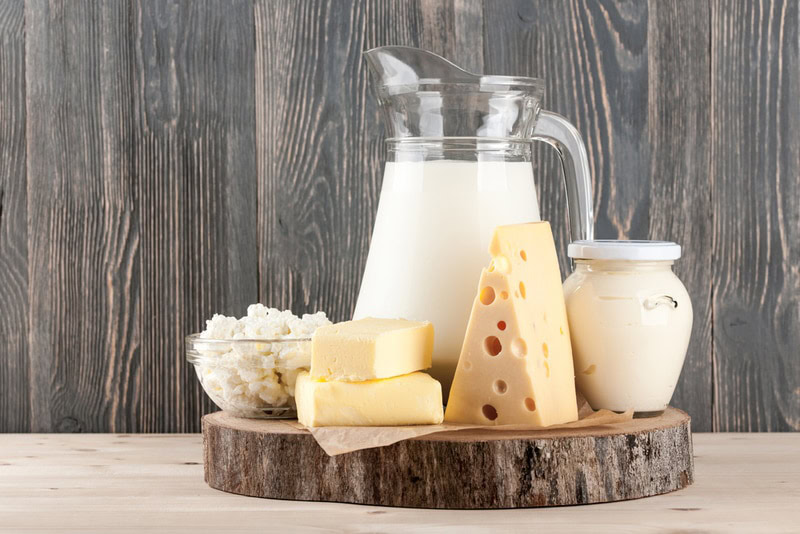
4. Nuts
Nuts are considered too calorie-dense and not nutritionally necessary for turtles. Their risks outweigh their minimal benefits.
5. Bread and Pasta
Bread and pasta have no meaningful nutrition for turtles, and turtles can’t properly digest them.
6. Processed Foods
This category includes lunch meat, sausage, and anything else that isn’t natural and is made specifically for human consumption. They’re just too unhealthy for your turtle.
7. Anything With Refined Sugar
Any candy or food with processed sugar should be avoided.
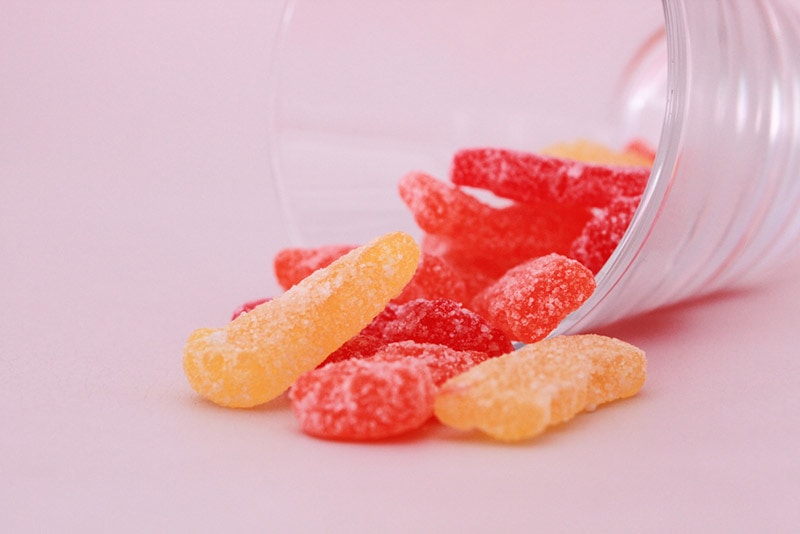
Final Thoughts
It’s important to remember that turtles have evolved to eat things they find in their natural habitat, and it’s unlikely that they’ve spent much time in an underwater McDonald’s. As a result, you should limit the number of human foods that you give them (except fresh veggies for adult aquatic turtles and box turtles).
Instead, you should serve foods that contain the nutrition that they need. While a turtle may curiously sample just about anything that you offer them, it doesn’t mean that serving anything without thoroughly researching it is safe for them. As always, you should consider discussing your pet’s nutritional needs with your veterinarian for peace of mind and your turtle’s nutritional welfare.
Related Reads:
- Can Turtles Eat Kale?
- How to Safely Clean Your Turtle’s Shell & Skin: 5 Vet-Approved Steps
- Can Turtles Eat Chicken? What You Need to Know!
Featured Image Credit: Jasmine Lin, Pixabay






